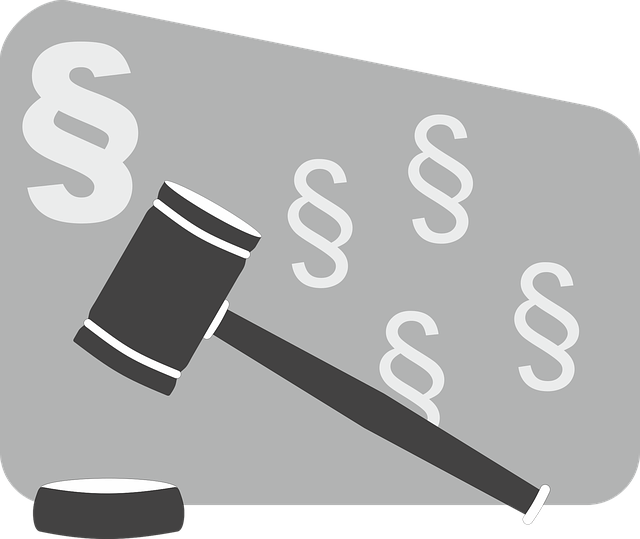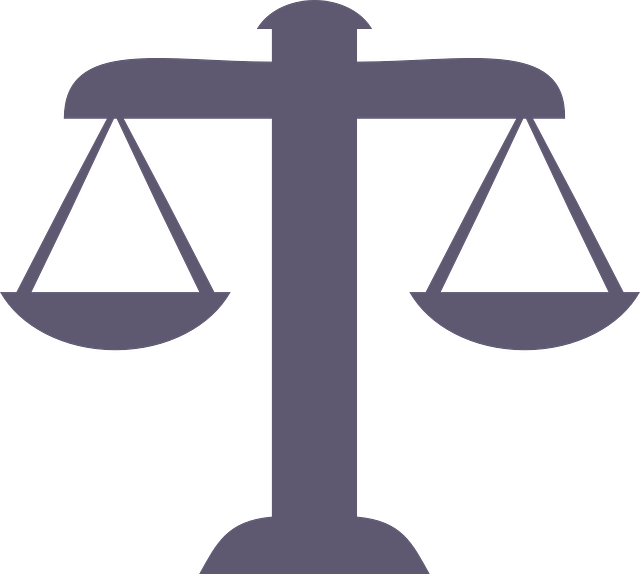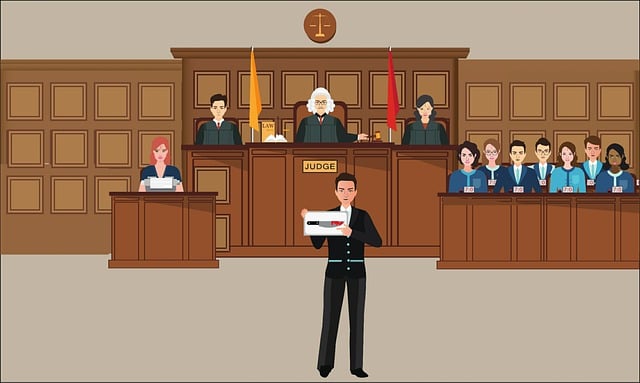Fraudulent financial practices like embezzlement and Ponzi schemes have severe consequences, including market instability and public trust erosion. Famous class action lawsuits throughout history have brought these issues to light, seeking justice and acting as deterrents against white-collar crime. Notable cases like the 1990s investment bank fraud and Enron Corporation's collapse exposed corporate governance flaws and led to stricter regulatory oversight. Modern era regulations, driven by these historical class action lawsuits, mandate transparency, accurate reporting, and robust internal controls for financial institutions, along with mandatory compliance training for all parties involved.
Fraudulent financial practices, a sinister web of deception and manipulation, have plagued the global economy for centuries. Understanding these practices, rooted in sophisticated schemes like insider trading and money laundering, is crucial to unravelling their far-reaching impacts on investors and markets. This article delves into the historical context of famous class action lawsuits against financial institutions, highlighting key lessons learned from notable cases that reshaped regulatory frameworks. By examining these events, we gain insights into modern preventive measures designed to safeguard financial integrity.
- Understanding Fraudulent Financial Practices: Definitions and Impacts
- Historical Context: Famous Class Action Lawsuits Against Financial Institutions
- Key Lessons Learned from Notable Cases and Their Aftermath
- Preventive Measures and Regulatory Frameworks in the Modern Era
Understanding Fraudulent Financial Practices: Definitions and Impacts

Fraudulent financial practices refer to a range of illegal activities designed to manipulate or deceive individuals and institutions for personal gain. These include embezzlement, forgery, investment scams, and more sophisticated schemes like Ponzi networks. The impacts of such practices are profound, often leading to significant financial losses for victims, instability in markets, and erosion of public trust in financial systems.
Notably, understanding the scale and sophistication of fraudulent activities has been brought into focus by famous class action lawsuits in history. These high-stakes cases not only seek justice for affected parties but also serve as deterrents against white-collar and economic crimes. With an unprecedented track record of recovery and accountability, these legal battles have shed light on the intricacies of financial fraud, highlighting the need for stringent regulations and enhanced oversight to protect investors and maintain the integrity of financial markets.
Historical Context: Famous Class Action Lawsuits Against Financial Institutions

Throughout history, famous class action lawsuits against financial institutions have illuminated and addressed egregious practices, setting precedents for future regulations. One notable example is the 1990s case against a major investment bank, where investors united to expose and challenge the institution’s fraudulent bond marketing practices. This class action lawsuit resulted in a significant settlement, demonstrating the power of collective action.
These landmark cases, spanning across the country, have not only provided justice for victims but also served as a warning to other financial giants. Through robust legal strategies, plaintiffs’ attorneys successfully secured winning challenging defense verdicts, ensuring the complete dismissal of all charges against these institutions.
Key Lessons Learned from Notable Cases and Their Aftermath

Notable cases of fraudulent financial practices have left a lasting impact, offering key lessons for both businesses and consumers alike. One of the most famous class action lawsuits in history involves Enron Corporation, which collapsed due to accounting fraud in 2001. This case highlighted the dangers of corporate greed and the importance of transparency in financial reporting. As a result, regulatory bodies across the country tightened their oversight, implementing stricter guidelines for corporate governance and financial disclosure.
Another significant example is the case against Bernie Madoff, who orchestrated one of the largest Ponzi schemes in history, defrauding thousands of investors. Madoff’s scheme unravelled due to the persistent questioning of his clients and a winning challenging defense verdict. This event brought to light the role of vigilance and the need for robust regulatory frameworks targeting white-collar and economic crimes. It also underscored the power of collective action through class action lawsuits, which have often been instrumental in securing justice for victims across the country.
Preventive Measures and Regulatory Frameworks in the Modern Era

In the modern era, preventive measures and regulatory frameworks have evolved significantly to combat fraudulent financial practices. These efforts are driven by the lessons learned from notable cases such as famous class action lawsuits in history, which have highlighted the need for stronger oversight and accountability. Regulatory bodies across the country have implemented stringent rules and guidelines that mandate transparency, accurate reporting, and robust internal controls for financial institutions.
These regulatory frameworks not only require companies to maintain meticulous records but also place a significant emphasis on the independence of auditors and regulators. Additionally, ongoing compliance training for both corporate and individual clients is mandatory, ensuring that everyone involved understands their responsibilities in preventing and reporting fraudulent activities. These comprehensive measures aim to avoid indictment by fostering an environment where integrity and ethical conduct are the cornerstones of financial practices.
In conclusion, fraudulent financial practices pose significant threats to investors and the broader economy. By examining historical cases like famous class action lawsuits against financial institutions, we’ve gained invaluable lessons that have shaped modern regulatory frameworks. These efforts aim to prevent recurrence through stringent oversight and robust preventive measures. As we navigate the evolving financial landscape, continued vigilance and adaptation are crucial to safeguard against deceptive schemes, ensuring a fair and transparent market for all participants. The pursuit of justice in notable cases serves as a testament to the power of collective action against systemic fraud.






